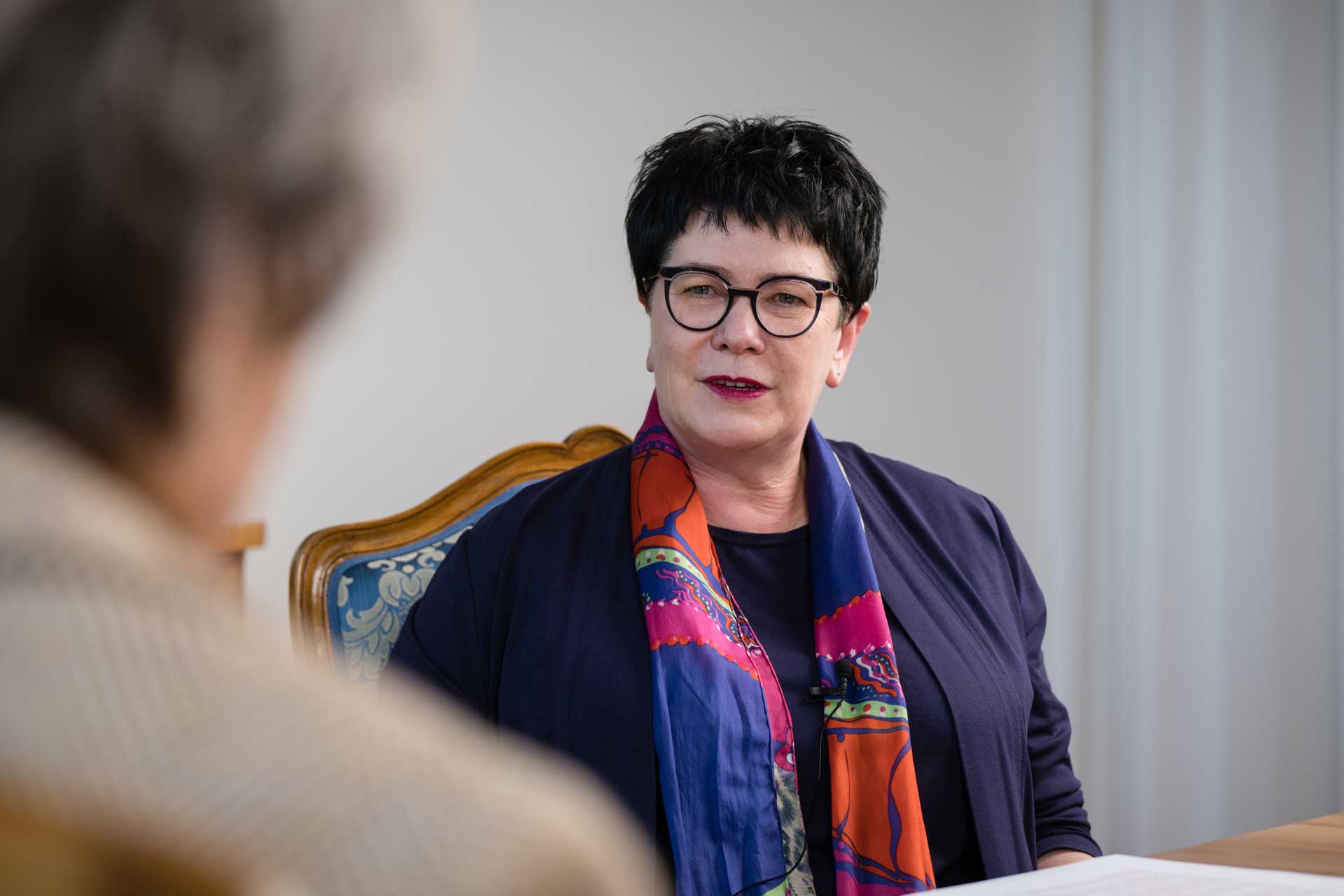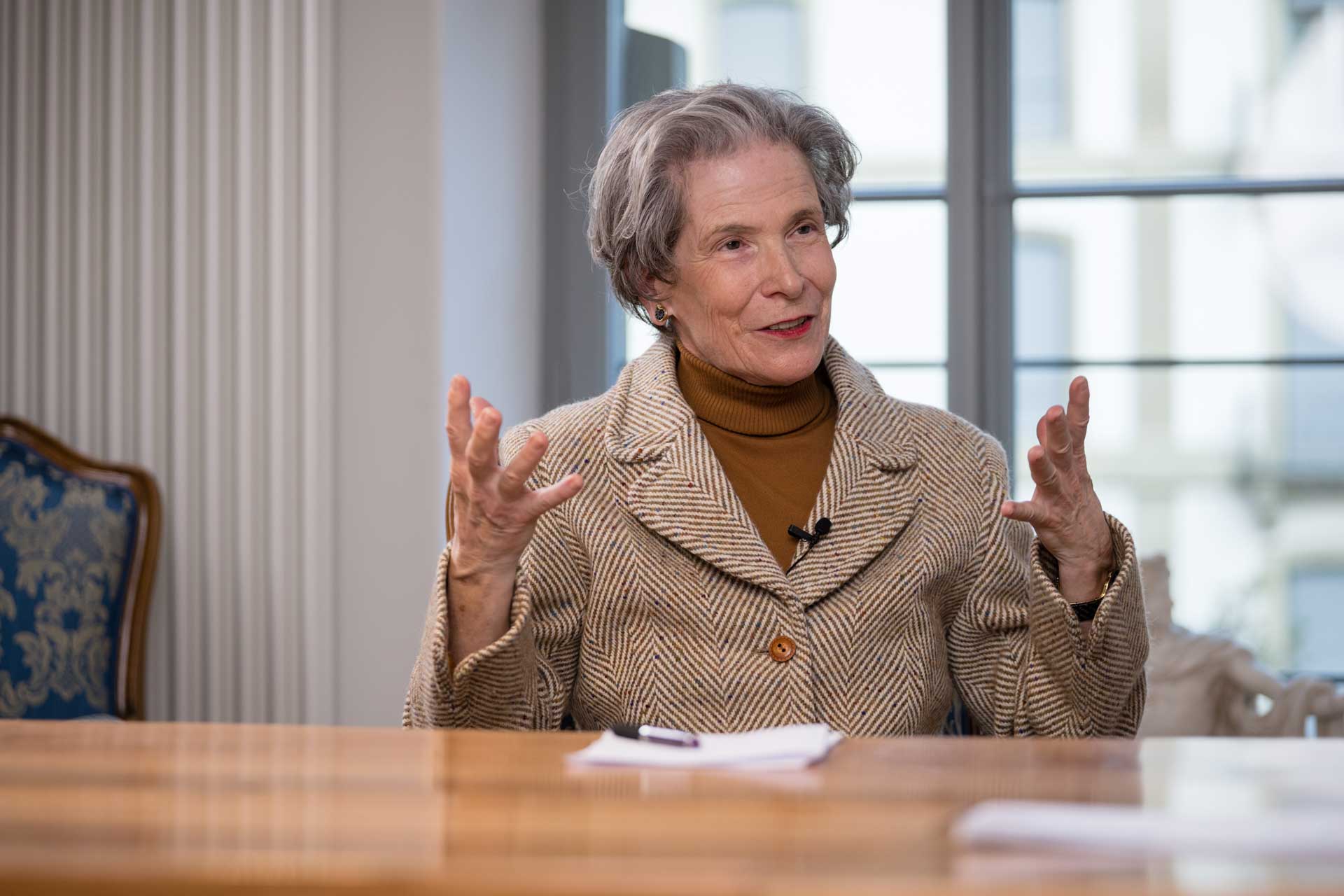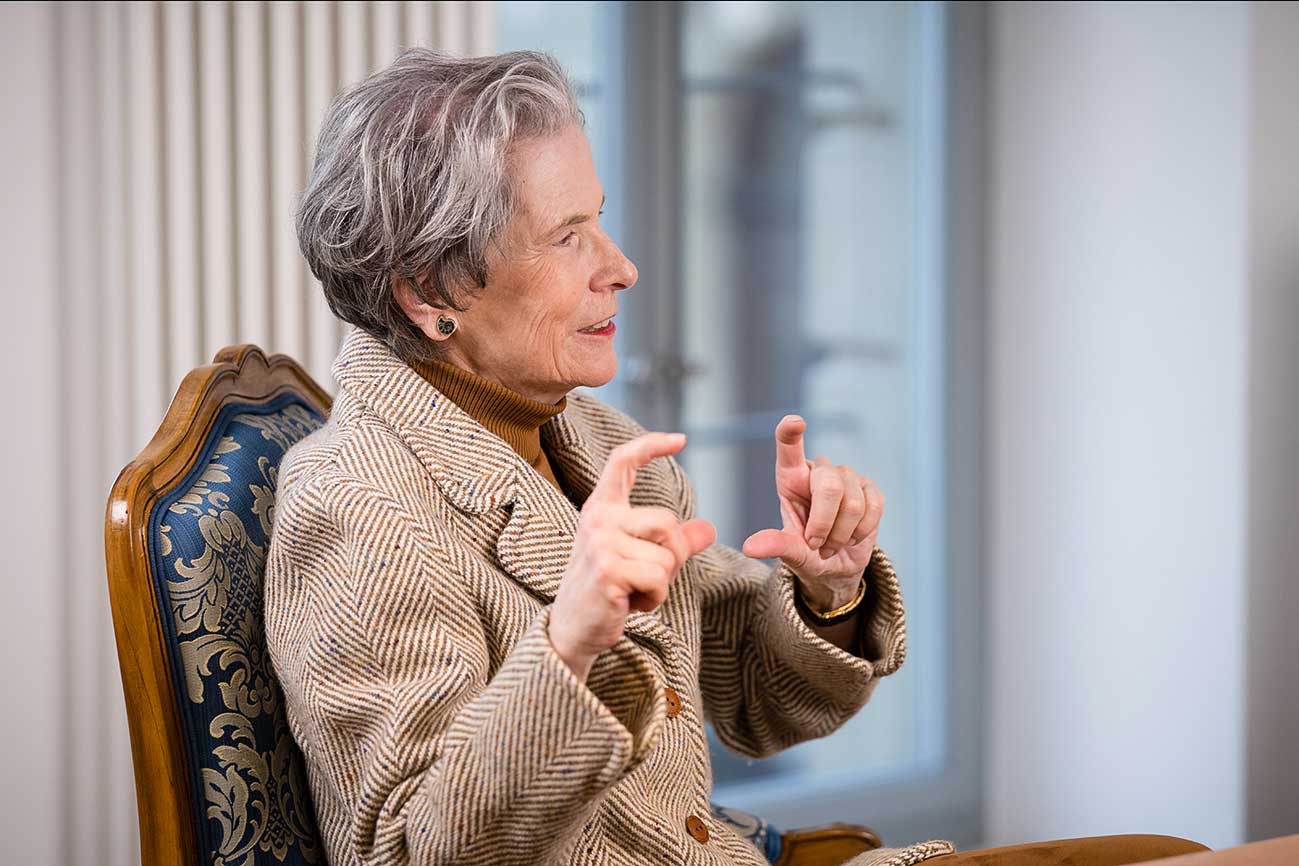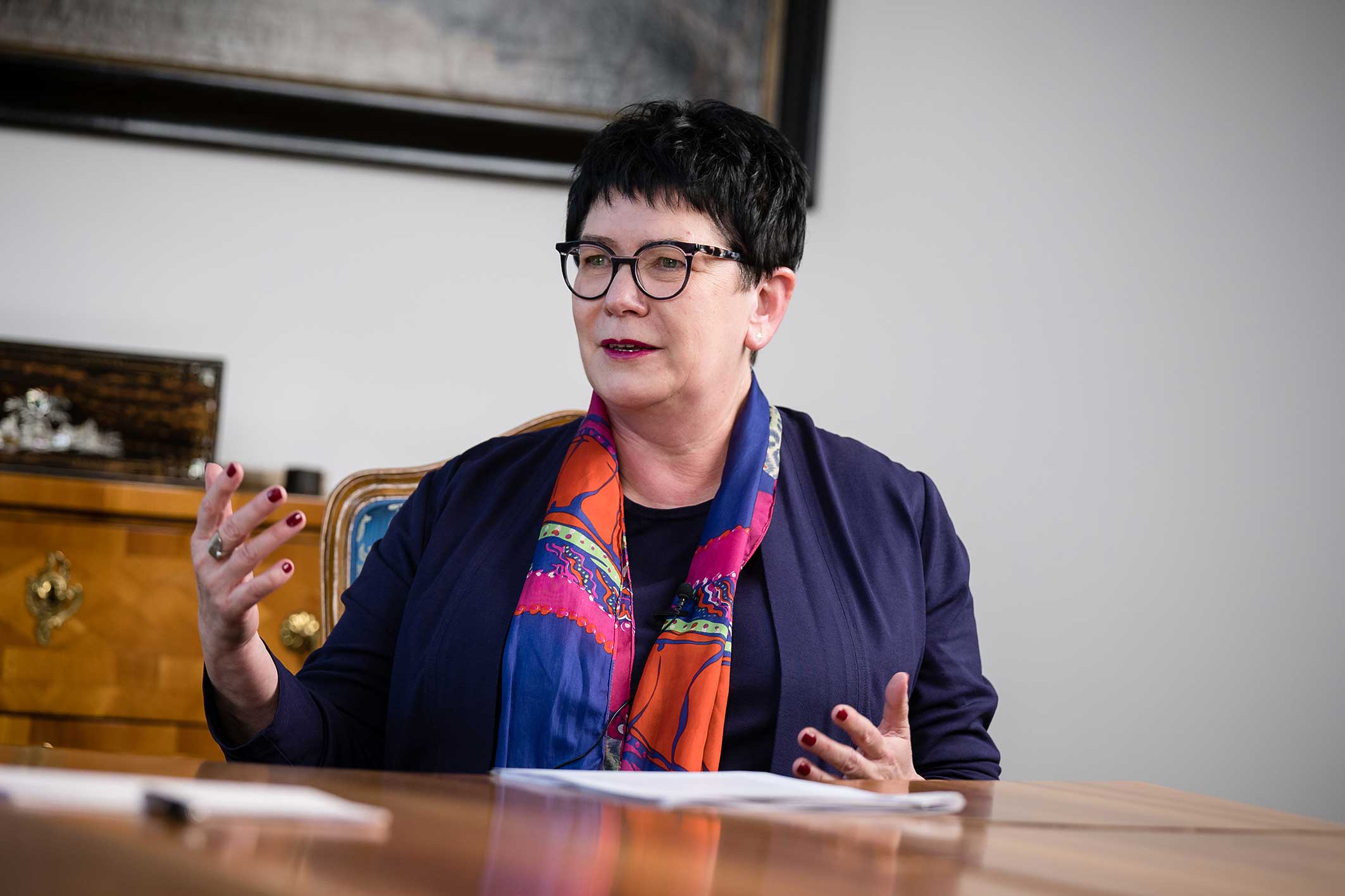Ms Schütz, you were there right from the start – what has changed during the years since Swissmedic was founded?
BS:
"A lot. The only thing that has remained the same is our remit, namely, to be responsible for therapeutic product safety and therefore to help protect the health of people and animals. One striking change is that everything has grown and become more complex: the organisation, the tasks, the international exchanges and the legal framework have been adapted several times. The medical devices sector has experienced strong growth and is now monitored much more closely by the authorities. The expectations placed on Swissmedic from all sides have also increased."
How do you think Swissmedic has developed?
BS:
"Since the reorganisation in 2006, there has been a positive development process. We now possess considerable know-how and work closely with international partners. Over the past two years, Swissmedic has also been in the national spotlight to a far greater extent. We have therefore had to become much more active, particularly in terms of communication."
CB:
"I was greatly impressed by the first authorisation worldwide of the Pfizer vaccine in an ordinary procedure in December 2020. This shows that, even under pressure, Swissmedic has managed to make decisions quickly on the basis of scientific findings."
Ms Beerli, what has been your most impressive experience to date?
CB:
"It was the period following the restructuring, when a great team spirit suddenly emerged. It was all about focusing on what needed to be done. We had assembled what became a really strong and effective new management team, with everyone pulling together."
BS:
"You identified yourself very strongly with the organisation, and regularly took part in the Board meetings during the transitional phase. We were very grateful for your strong commitment and your support for us."
Ms Schütz, you were already there during the transition from the IOCM to Swissmedic. How did that proceed exactly?
BS:
"From 1995, we went through a long phase from the preparation of the draft legislation through to the launch of Swissmedic. We had to merge and culturally unite the two organisations: the Intercantonal Office for the Control of Medicines and the Therapeutic Products Section of the FOPH. This was demanding in terms of time, because the launch of the new organisation had initially been planned for 1999 and then for 2000. In the end, everything had to be postponed for a further two years. Another major challenge was the new legal framework and the fact that numerous implementing ordinances to the Therapeutic Products Act were still outstanding at the start."
The merger of the ten sites, in particular, presumably posed a particular challenge?
BS:
"It did indeed. If we wanted to develop a common culture, it was vital to centralise the sites. This happened only from 2005, with the acquisition and occupation of the head office in Hallerstrasse. The merger of the two laboratories occurred later on, with the new building on Freiburgstrasse."
What was the process of finding a name and logo like at that time?
BS:
"The process started in 2000 and took several months. We organised a total of four workshops and consulted both a creative coach and a graphic design agency. Together, we created our new word mark and figurative mark. The name Swissmedic only emerged late in the game. The name had to reflect both the concept of Switzerland and the medical component. It also had to be understandable in all the national languages."
We have to ensure that enough people are interested in working for Swissmedic in our specialist areas.
Barbara Schütz
Let's take a quick look into the future: What about the ongoing development of Swissmedic? Where are the greatest potential opportunities, and how can we make the most of them?
BS:
"One major challenge is the recruitment of proven specialists. We have to ensure that enough people are interested in working for Swissmedic in our specialist areas. Both hospitals and research institutes, as well as the pharmaceutical sector, are competing for the same experts. We also need to develop our international relationships. In future, we will work more closely with foreign authorities, jointly reviewing applications or coordinating market surveillance activities. At the same time, we must ensure that we remain independent and continue to raise our profile as the national therapeutic products agency."
CB
"Swissmedic has always been an exciting employer, and we want to keep it that way. The output today is enormous, and standards are high. I also find that the sense of purpose in our work plays a major role. And from the purely scientific standpoint, Swissmedic is also a highly attractive institution."
Ms Beerli, what is your relationship with Swissmedic today?
CB:
"Although I'm completely out of the loop now, Swissmedic will always have a place in my heart. I follow the latest developments and have been delighted with how Swissmedic has developed during the whole coronavirus pandemic."
And what do you think about the future for Swissmedic?
CB:
"I think that Swissmedic will continue to play an important role when it comes to high-quality, effective therapeutic products. I also believe that as it grows, particularly with astute work-sharing internationally, Swissmedic will assume a special significance."
BS:
"We are among the best therapeutic products authorities in the world – and that should continue to remain the case."



